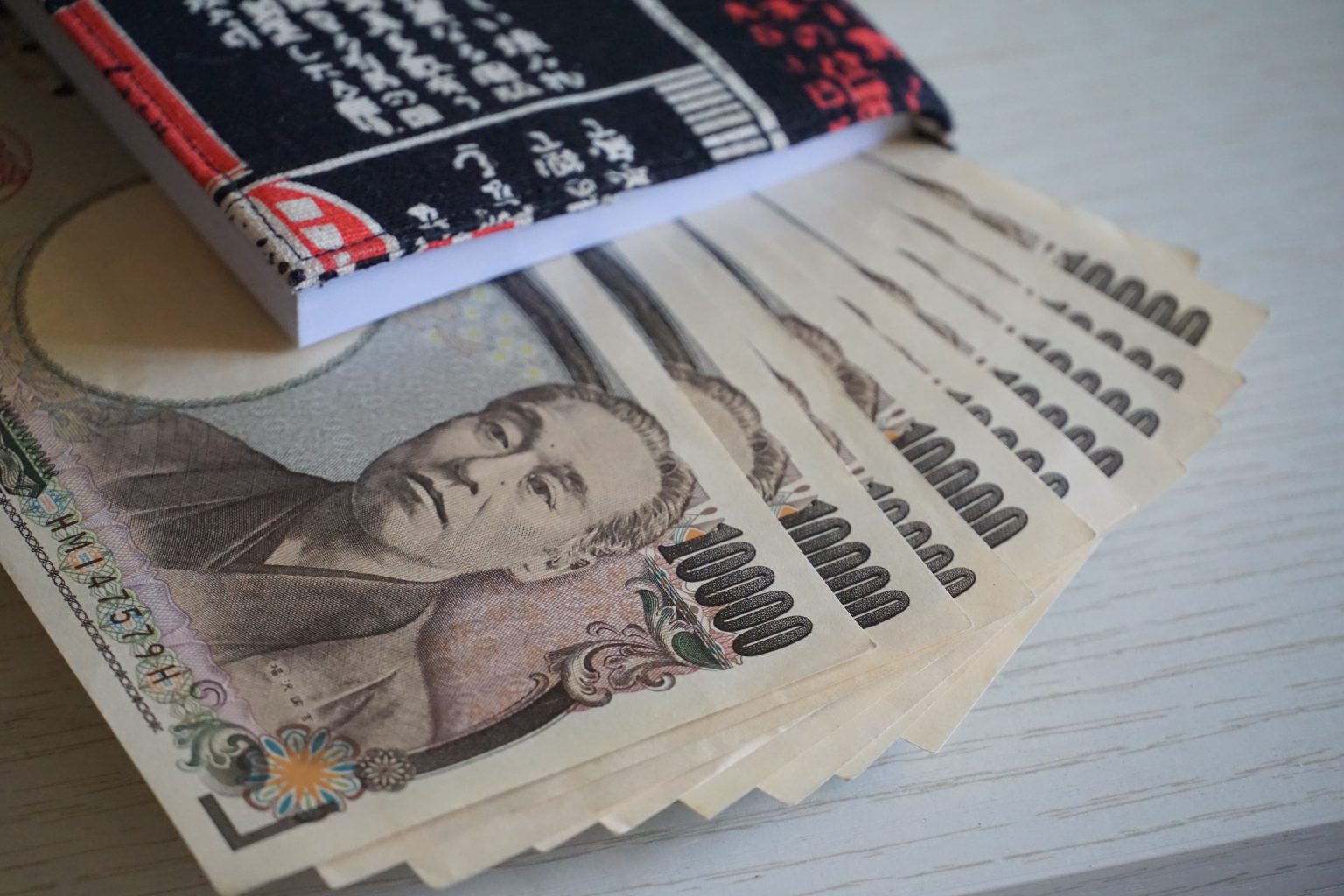Japan is a country of contradictions; a robot will deliver food to your table, but you can’t pay by credit card at the register?! We’ll try and break down some important information about using money in Japan so that you don’t get caught out.
Banks
Japan has a large number of banks in all different sizes. Typically, your Contracting Organization will recommend a bank to you, and this bank will typically be where your paychecks are deposited. This recommended bank will depend on your CO, what services are available close to where you live, and other factors. You may or may not be given a choice of which bank you use, at least in regards to where your paychecks are deposited. However, because electronic transfer is extraordinarily easy, it’s not difficult to switch which bank you use for other banking matters.
Banking Hours
Japanese banks may hold different hours than you are used to. Many banks—particularly local banks or branches in more rural areas—may only be open until mid-afternoon, and few banks in Japan outside of large metropolitan areas are open beyond 5pm. Also, while some bank branches may be “open” until a certain time, they may cease handling transactions earlier than the closing time, so make sure to understand our bank’s hours and plan accordingly.
ATMs
ATMs are available at many bank branches as well as at convenience stores, post offices, and stand-alone kiosks. ATMs in Japan have a range of function, which include updating your bankbook (record of balance and transactions), cash withdrawal, cash deposits, electronic funds transfer, etc. Depending on the ATM, there may be an English menu, but the services offered in English are often limited, so it’s best to learn to recognize the Japanese buttons and procedures. Some important things to keep in mind about ATMs
- ATMs in Japan almost always have operating hours and often close for public holidays. 24hr ATMs are limited.
- Your Cash Card will not work at all ATMs! The only guarantee that you can use your card to withdraw cash, etc, is if the ATM is owned by your bank, or your bank’s logo is displayed. If you have a local bank (such as Gunma Bank), the farther you get from that bank’s area, the less likely you’ll find an ATM where your card will work
JP Bank
JP Bank is a bank tied in with the Japan Post postal service. Most post offices will have an ATM, and often a window, for JP Bank transactions. JP Post Bank is extremely useful for traveling around Japan, because it can be access from thousand of locations—including post offices and partnered convenience store ATMS—nation wide. JP Bank also offers some services to non-members, such as the ability to electronically transfer cash, money orders, bill payment, etc.
Online Banking
Online banking has not caught on in Japan, and the average bank offers no online banking services. There are a limited number of banks, such as Shinsei bank (which also offers 24hr, nationwide service), that have online banking.
Credit Cards
The ability to use credit cards in Japan is slowly expanding, but as an everyday method of payment, the credit is still extremely unpopular. In general, large retailers will have limited credit card payment options (Visa, JTB, Mastercard), but the majority of the places you will shop or eat at every day won’t take credit card. There are some services—such as Electronic Toll Collection (ETC) and other digital payment services—that are making the move to primarily credit-card based payment. Also, it is not unheard of for foreign cards to be rejected during the confirmation process, and some services will specifically specify that foreign cards typically do not work.
If you want a Japanese credit card, the process can be rather difficult, particularly for your first year or two in Japan and without strong Japanese ability. As Japan does not have a credit-score system, application processes often involve banking and payment history checks, references, and other requirements that you may not meet without having been in the country for a longer period of time.
Cash
Cash is the preferred method of payment for the majority of transactions in Japan. Even large purchases—such as down-payments on loans, the purchasing of cars, etc—are often handled via electronic cash transfer. Many of your bills can also be paid via electronic transfer. You should always carry a sufficient amount of cash on you, particularly if you will be doing a lot of spending at time or in areas where you will not have access to ATMs or other withdrawal, and when traveling it’s never a terrible idea to have a backup with you that you don’t touch except in emergencies. An old adage recommends carrying 1000 times your age in cash at all times.
Sending Money Home
Many people come to Japan with student loans and other bills that need paid back in their home country, and therefore need way to send money home. Since Japanese banks don’t always play nicely with each other, let alone with foreign banks, there are only a few options available for sending money back to your home country. The following are two common options:
Go Lloyds
Operated by Lloyds Banking Group, Go Lloyds is a service which makes sending money overseas extremely easy. Simply apply for the service, receive your information, and then do furikomi (electronic funds transfer) from your Japanese bank account (via the counter or an ATM) to the Go Lloyds account. After that, Lloyds takes care of the currency conversion and the overseas remittance. Funds will typically arrive in your overseas account in a few business days and you’ll receive a receipt in the mail a few days later. Standard transfer fee is 2000 yen, regardless of the amount. The application and your documents are all in English, and a Japanese translation of your transfer information is provided along with the English, so you can show it at your bank. Check out their website for more info.
Money Order
You can get an international money order at the Post Office. For this, you take your cash to the post office, fill out the forms (although they must be exactly perfect), pay the processing and conversion fee, and they will hand you the money order, which you can mail then or later. Processing fees for money orders change depending on the amount you send.
Money and Banking Terms
- 引き出し (hiki-dashi) – withdrawal
- 預け入り (azuke-iri) – deposit
- 振り込み (furikomi) – electronic funds transfer
- 暗証番号 (ansho bango) – Personal Identification (PIN) Number
- 通帳 (tsucho) – bankbook

